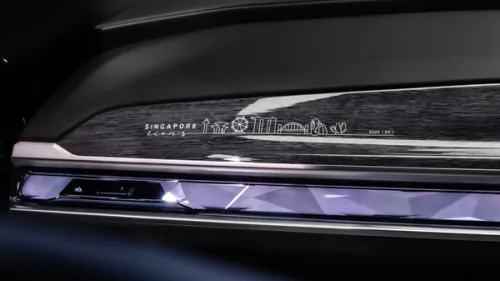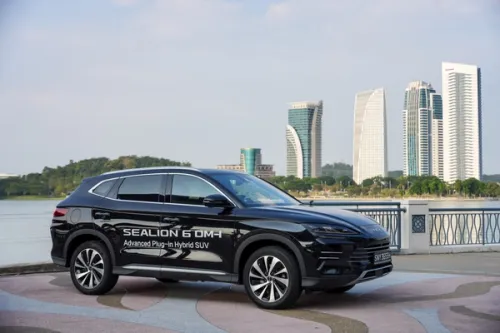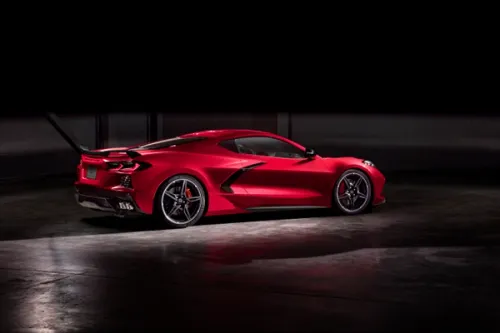What Is An Open Pool?
Anyone here hoping to jump into a pool for a swim? We are not talking about swimming pools today, but Closed and Open Pools, in regards to the automotive industry.

Anyone here hoping to jump into a pool for a swim? We are not talking about swimming pools today, but Closed and Open Pools, in regards to the automotive industry.
The European Commission’s ever-tightening restrictions on emissions, would mean that manufacturers have an increasingly difficult time in producing cars which will excite their buyers. If you have wondered why some of these businesses are investing so much in soulless Electric Vehicles (EVs), your answer is below.
As many of you know, larger manufacturers will tend to have a wider range of vehicles. From small frugal econo boxes, to top-of-the-line luxury cars. In many cases, car companies in a modern day context, due to consolidation of brands, would field different types of cars within their different brands.
The best example of this would be the Volkswagen Group. As many of us know, the German brand is one of the largest automobile manufacturers in the world with familiar car brands like Audi, Porsche, Lamborghini, Bentley, Volkswagen, SEAT, Skoda and even bike manufacturer, Ducati under its umbrella... in this case, a mighty-large automotive parasol.
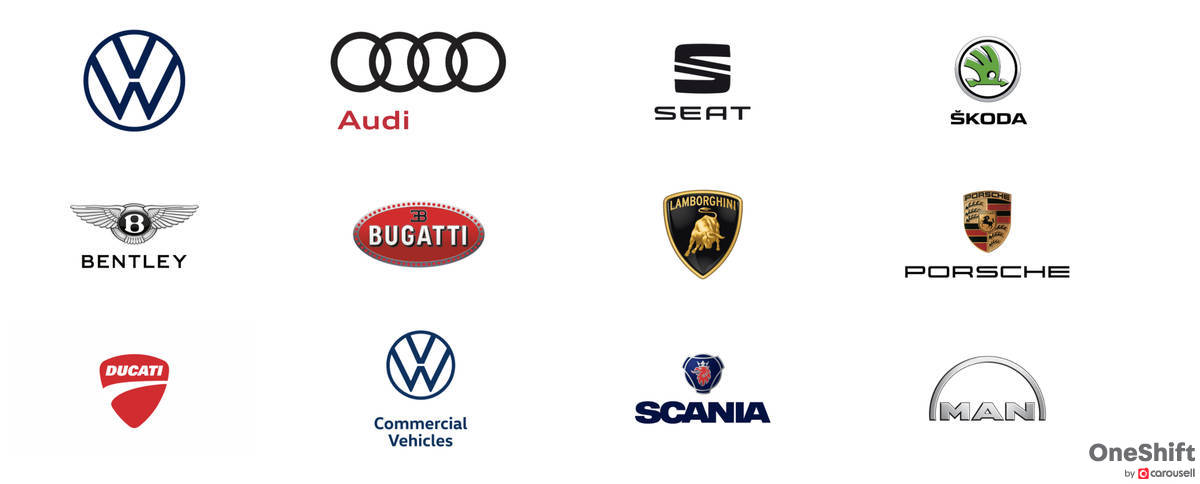
The Volkswagen Group
Credit: Volkswagen Group
Forming a Closed Pool has its advantages, as a manufacturer which produces cars which generally have higher emissions, will need to pay a hefty fine per car they produce, which would eat into profitability.
So let us take Volkswagen Group for example.
According to the European Commission, 95% of cars produced by a manufacturer in 2020, must emit not more than 95 g/km of CO2, based on a fuel consumption of 4.1 l/100km of petrol or 3.6 l/100km of diesel. If their cars do exceed these figures, the manufacturer will have to pay a penalty for every gram of exceedance. Since 2019, manufacturers already had to pay a penalty of €95 for every g/km of target CO2 emissions exceedance.
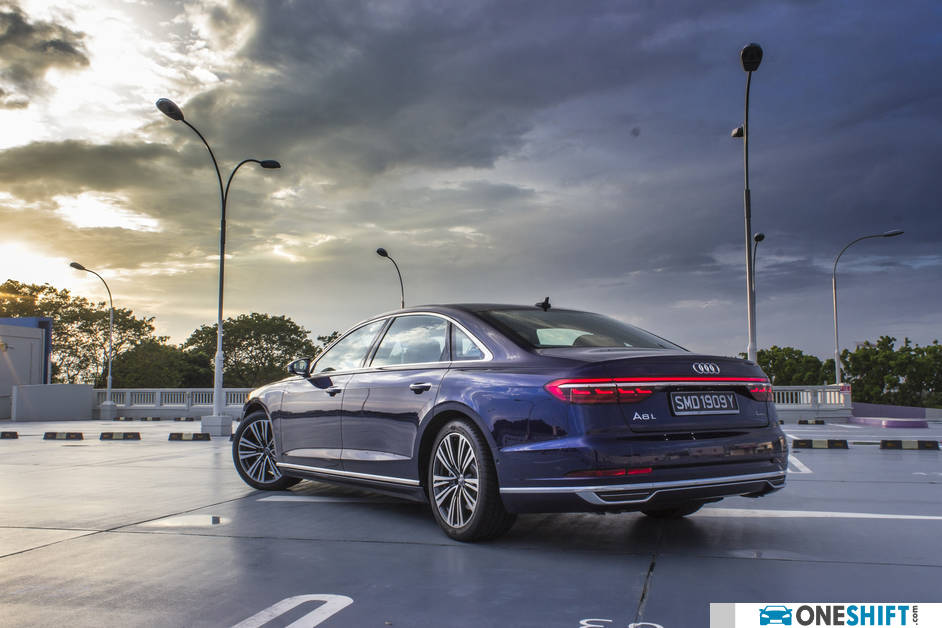
The Audi A8 flagship sedan, with its 3.0 turbocharged V6, emits 180 g/km of CO2. This would mean that for each Audi A8, with this very 3.0 V6 engine registered in Europe, Audi will need to pay a penalty of €8,975. The performance variant, the Audi S8, equipped with a bi-turbocharged V8 on the other hand, emits 260 g/km, and would set the manufacturer back a hefty €15,675. Sure, some of you may be saying, well… the price is absorbed by the buyer. Sure you could, but this will affect competitive pricing, and they are still taking a hit per car; and the manufacturer would not look good to the dreaded green lobbyist.
Manufactures have long touted the benefits of cars which produce low emissions or none at all, and they have a reason to do so. Cars which emit zero emissions, or less than 50 g/km, qualify the company for “Super Credits”.
For every low-to-zero emissions car registered in 2020, a “Super Credit” is awarded, meaning that companies can qualify to register one vehicle which emits more CO2, and not get penalised for it. And this is where a closed pool comes in handy. To the European Commission, they would not distinguish between brands, if they do fall under the same umbrella. Therefore Lamborghini is free to sell their supercars, since they can depend on brands like Volkswagen, SEAT and Skoda to help with the low emissions, with fielding of mass-market EVs.
However by 2022, manufacturers will face another squeeze, and will need to register an average of four low emissions vehicles, in-order to make the cut to not be penalised for one guzzler.
This is why manufacturers are scrambling to reduce the CO2 emissions of their vehicles, and feeding electric versions into even more model lineups.
Not all manufacturers have the luxury to leverage on their umbrella brands. Fiat Chrysler Automobiles (FCA) which has brands like Chrysler, Dodge, Fiat, Alfa Romeo, Maserati and Abarth within their group, does not have suitable vehicles to help with this “Super Credit” offset. Instead, the European Commission has allowed for them to collaborate with another unrelated manufacturer to qualify for the credits.
FCA, in this case has teamed up with EV manufacturer, Tesla. The company which builds only EVs would be an ideal partner for FCA, as it gives the multi-brand manufacturer the means to leverage on their number of EVs registered… all this for a fee to Tesla of-course; but significantly less than what they would have paid as penalties.

FCA’s filing which includes Tesla
Credit: CIRCABC
While Open and Closed Pools have a direct impact on cars sold in Singapore. Have you noticed that of late, brands have been singing the merits of EVs? I would dare say, it is not so much due to a want, but a need for them to follow the rulebook in order to survive.
Remember... your EV is after-all, only as clean as what you are actually burning.
Credits:


Get the Best Price for your used car
from 500+ dealers in 24 hours

- Convenient and Hassle-Free
- Consumer Protection
Transparent Process
With No Obligation

